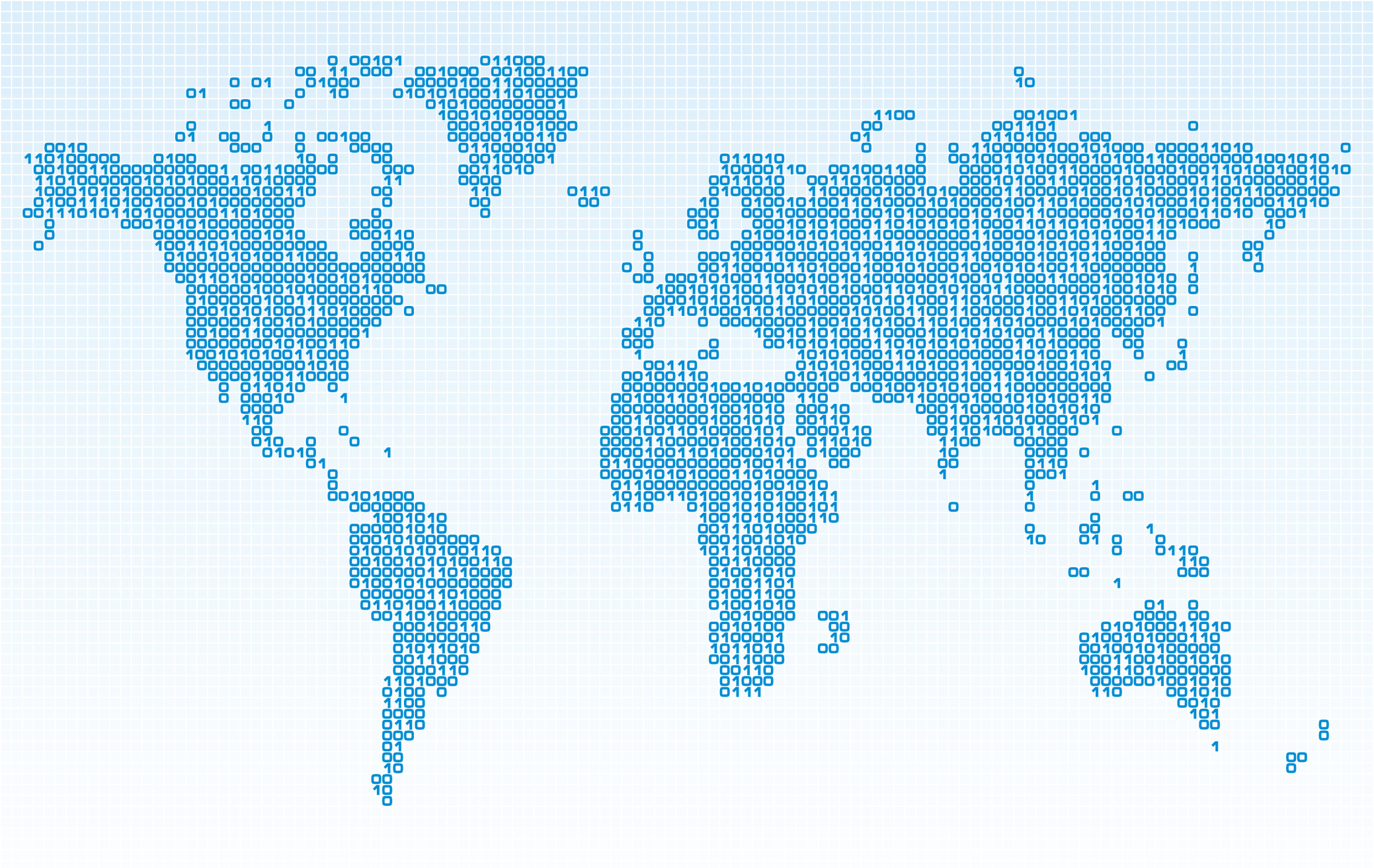
It seems that everyone is talking about how data will shape our global future. It is a beautiful and unprecedented level of enthusiasm for data—bring it on! But bring it practically.
While we are getting excited about what data can do for development, let’s also get excited about what we are finally in a position to do about development data. For too long, we have lacked credible numbers about many of the things we care most about—including comparative data on governance—and now people are finally starting to take note. But what can we actually do? As a first step, MCC and Global Integrity (with support from the Omidyar Network and The William and Flora Hewlett Foundation) are convening a group of global governance data users, producers and funders who are trying to identify collective action solutions to the way the current state of play affects the availability and quality of governance data.
MCC relies on independently produced, third-party data to drive the annual process of selecting country partners for large-scale grant investments in economic growth. We are painfully aware of data gaps, especially with regard to measurements of countries' efforts to fight corruption. For MCC’s purposes, the data on our scorecard remains the best available measure of anti-corruption efforts that covers all low and lower middle income countries. However, no single data set can answer every question—particularly for something as complex as corruption.
At its heart, these data challenges are a collective action problem. Plenty of people want more and better data, but no one is really doing anything about it yet. Until the field of governance measurement as a whole is more coordinated, we will have gaps and overlaps in our collective knowledge. Heck, at this point, we still battle huge gaps and overlaps with respect to what data is available in a machine-readable format (what can I suck into my computer without first tediously rearranging and cleaning enormous spreadsheets).
The consequences of this are a big deal to MCC, but they extend way beyond us. MCC has experienced firsthand how frustrating it is to want to compare national-level education or health outcomes (like literacy or maternal health at delivery) and find the data lacking. It would be terrible if the thing that undermined global focus on governance issues was inadequate data. So we're trying something new.
In mid-April, MCC and Global Integrity are co-hosting a two day effort to convene global organizations that rely on governance data (governments and donors), organizations that produce governance data (largely third-party NGOs) and organizations that are working to enable improvements in the quality and availability of governance data (philanthropic foundations and academics). If we can get the people who have a data problem (users) in the same room with the people who can solve the problem (data providers and enablers), maybe we can make some real progress. We've been excited by the enthusiasm we've met so far.
What will come of this? We aren’t sure. But no matter what, we'll end with much greater clarity between the users and producers of governance metrics (in part through some pre-event surveys that will be public shortly), and that's no small thing. But could we see a commitment to collectively move governance data into more easily useable spaces? A sort of alliance of actors who create or rely on the quality of the information available? What would that look like anyway, and what would it do?
A first step might be as technically wonky as agreement about the formats that data gets published in. Or a public calendar of when new data is available or being used. And while that sounds unexciting to outsiders, in the long run these are exactly the kinds of first steps that enable governance data to be broadly and regularly used by more than just MCC. Whether you care about measuring, monitoring, ranking, or investing – you have to start with useable data.
This kind of opportunity doesn’t come along all the time—people are talking about and calling for data! And not just some data—global data! At MCC, we will continue to celebrate the fact that people are finally paying attention to the promise and potential of development data. That environment makes us keener than ever to get people focused on practical questions attached to resolving collective action problems in the data world. And, of course, keen to hear your perspective and ideas about next steps and solutions!

